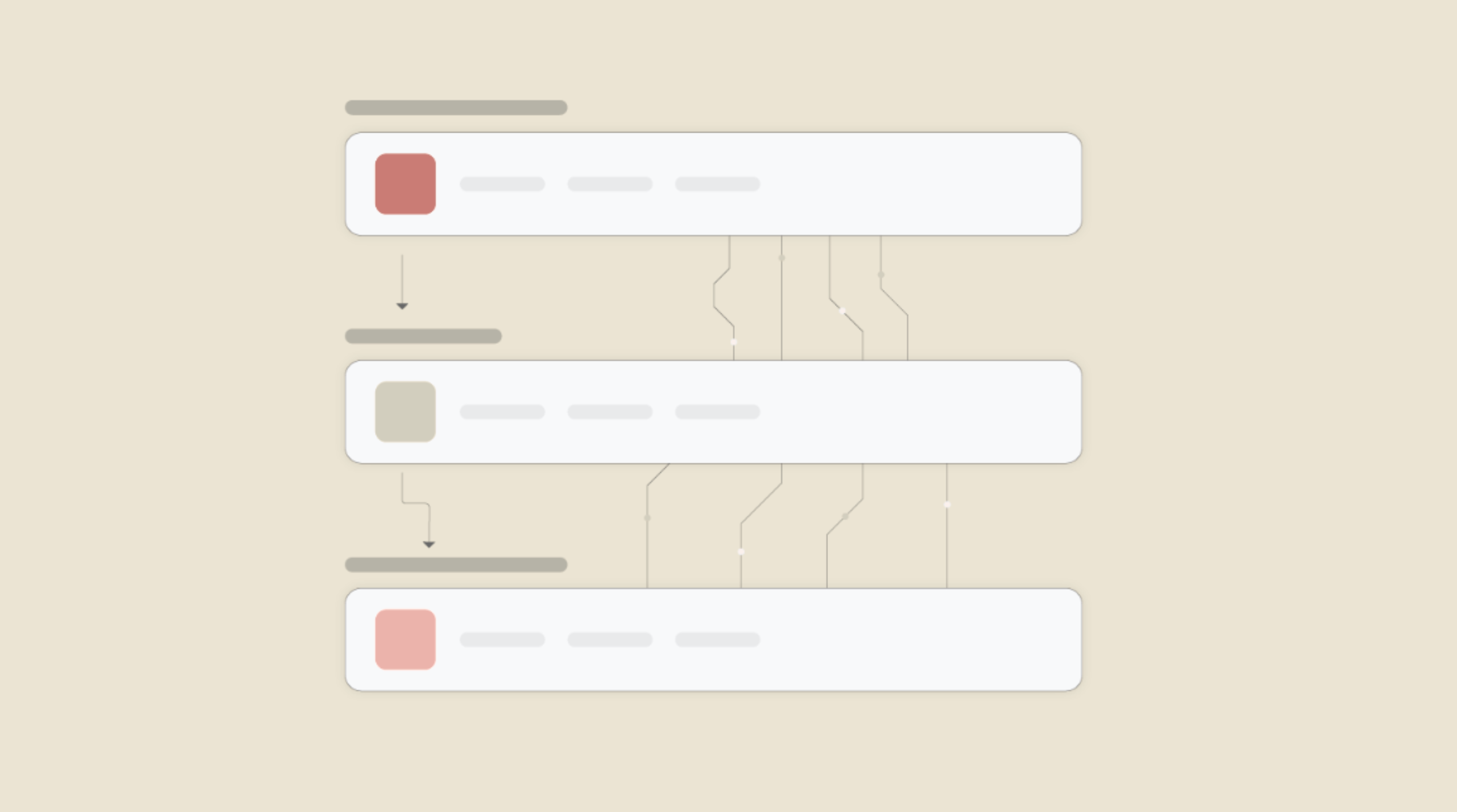Connect Gladia AI and IBM Cloud Functions to Build Intelligent Automations
Enable Integrations or automations with these events of Gladia AI and IBM Cloud Functions
Enable Integrations or automations with these events of Gladia AI and IBM Cloud Functions
Actions
Create Transcription
Creates a Transcription.
Delete Transciption
Delete an Existing Transcription.
Explore more automations built by businesses and experts
Know More About Gladiaai and Ibm Cloud Functions Integrations

How viaSocket Works | A Complete Guide
Gain insights into how viaSocket functions through our detailed guide. Understand its key features and benefits to maximize your experience and efficiency.

5 Simple Automation Hacks to Make Your Team Free
Unlock your team's potential with 5 straightforward automation hacks designed to streamline processes and free up valuable time for more important work.

What is Workflow Automation - Definition, Importance & Benefits | A Complete Guide
Workflow automation is the process of using technology to execute repetitive tasks with minimal human intervention, creating a seamless flow of activities.
Frequently Asked Questions
To start, connect both your Gladia AI and IBM Cloud Functions accounts to viaSocket. Once connected, you can set up a workflow where an event in Gladia AI triggers actions in IBM Cloud Functions (or vice versa).
Absolutely. You can customize how Gladia AI data is recorded in IBM Cloud Functions. This includes choosing which data fields go into which fields of IBM Cloud Functions, setting up custom formats, and filtering out unwanted information.
The data sync between Gladia AI and IBM Cloud Functions typically happens in real-time through instant triggers. And a maximum of 15 minutes in case of a scheduled trigger.
Yes, viaSocket allows you to add custom logic or use built-in filters to modify data according to your needs.
Yes, you can set conditional logic to control the flow of data between Gladia AI and IBM Cloud Functions. For instance, you can specify that data should only be sent if certain conditions are met, or you can create if/else statements to manage different outcomes.
About Gladia AI
Gladia AI is a cutting-edge platform that leverages artificial intelligence to provide advanced solutions for various industries. It offers tools and services that enhance productivity, automate processes, and deliver insightful analytics, making it an essential resource for businesses looking to integrate AI into their operations.
Learn MoreAbout IBM Cloud Functions
IBM Cloud Functions is a serverless computing platform that allows developers to execute code in response to events without the need to manage servers. It is built on Apache OpenWhisk and provides a scalable and flexible environment for building event-driven applications.
Learn More




